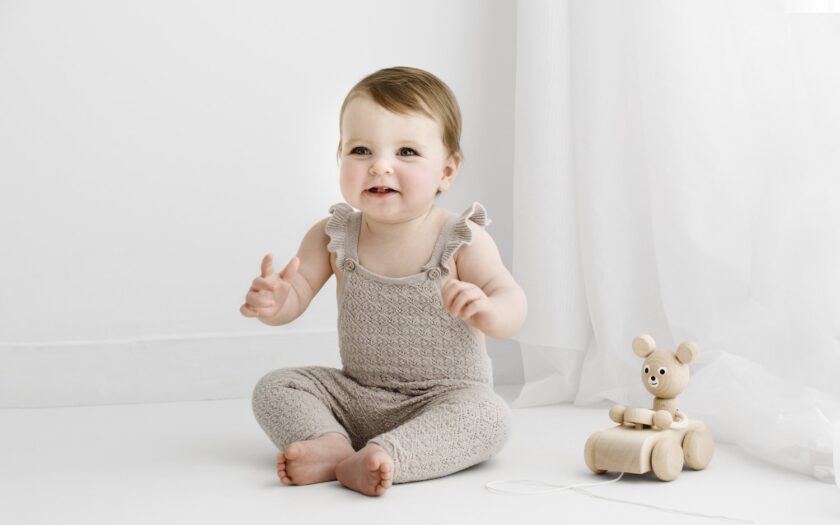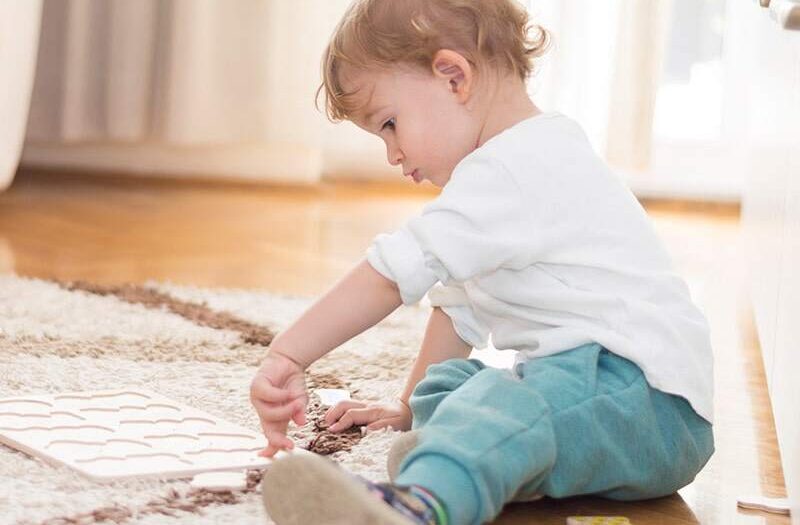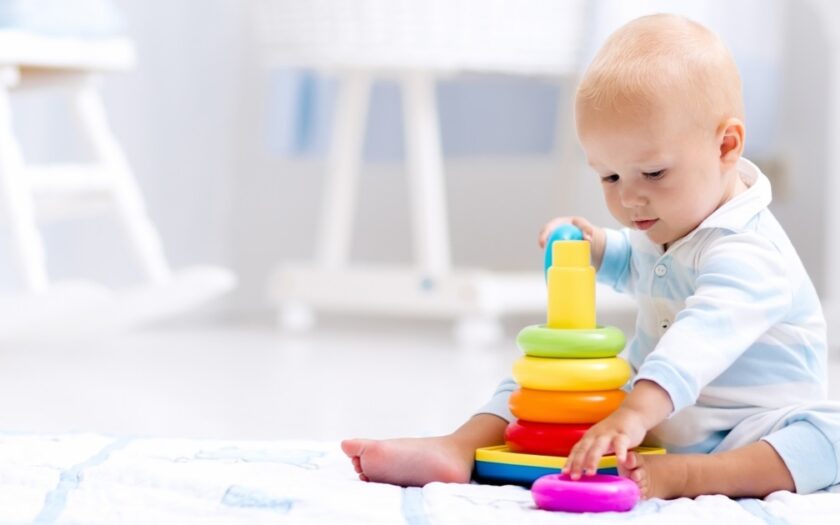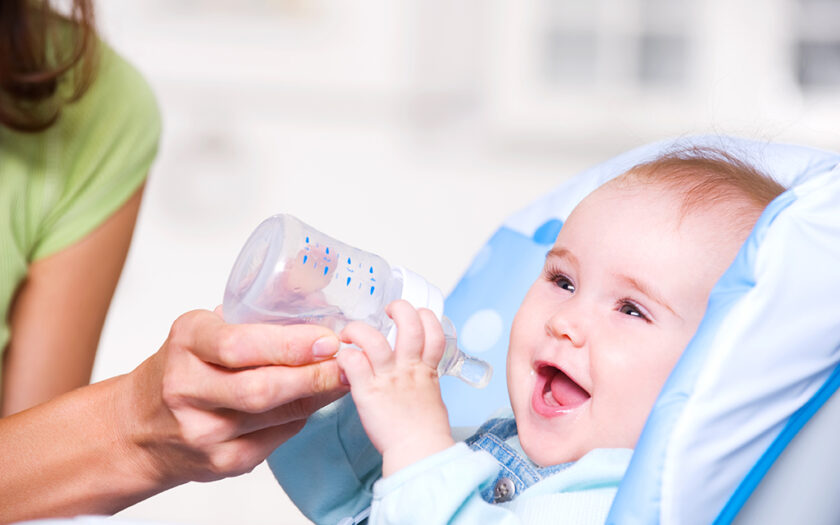At nine months, your baby is reaching exciting new milestones and showcasing their developing personality and skills. This stage is marked by increased mobility, enhanced communication, and a growing curiosity about their world. Understanding these changes will help you support their development and enjoy this dynamic period of growth.
Discovering My 9-Month-Old: Milestones and Development Insights
At around nine months, your baby’s brain undergoes a significant growth spurt, leading to notable developments in personality and behavior. You may begin to see the emergence of their unique traits and preferences, giving you a glimpse into the child they are becoming.
As their memory and emotional connections deepen, your baby will form stronger attachments to certain people and may show a preference for them. Separation anxiety is common at this stage, but it’s a normal part of their emotional development.
By now, your baby should be adept at handling finger foods and exploring various textures and flavors. Ensure they receive a balanced diet from all five food groups: vegetables, fruits, lean proteins, grains, and dairy or alternatives. Introducing solids before milk feeds can help reduce their reliance on milk as they approach their first year.
Your baby might be cruising around while holding onto furniture, and although they might not walk independently just yet, they are strengthening their muscles. It’s not necessary to buy shoes until they start walking outside; allowing them to walk barefoot helps to develop their feet and legs naturally.
What to Expect: Developmental Milestones for Your 9-Month-Old
At nine months, your baby is hitting exciting developmental milestones that showcase their growing abilities and personality. This period is marked by increased mobility, enhanced communication skills, and evolving social connections. Understanding these milestones can help you support their growth and celebrate their achievements as they approach their first year.
Developmental Milestones for Your 9-Month-Old:
- physical Development. By nine months, many babies are highly mobile and may even start attempting to climb stairs, though descending can be tricky. They are improving their ability to bend their knees and sit down safely after standing. At this stage, your baby should be able to sit without support, lean forward, and return to an upright position without toppling over;
- cognitive Development. Nine-month-olds often enjoy interactive play, such as passing toys back and forth, putting objects in and out of containers, and stacking rings. They are fascinated by toys with levers, doors, and moving parts, which help develop their problem-solving skills and hand-eye coordination;
- social Development. Separation anxiety is common at this age. Your baby may become distressed when you leave or cling to you during separations. This phase can also affect their sleep patterns, but as they grow, they will gradually learn to trust that you will always return and build relationships with other caregivers;
- emotional Development. Your baby will seek comfort and reassurance from you, especially during times of stress or anxiety. They will actively explore their environment when you are present and may return to you frequently for reassurance and emotional security;
- language Development. By nine months, your baby is beginning to understand the meaning of words. They might follow your gaze when you point at something and will continue to babble, copy sounds, and make noises to get your attention. They are also likely to recognize their name and may respond to simple commands like “no.”
At nine months, your baby is making significant strides in mobility, communication, and emotional development. As they explore their world with increasing curiosity and interact more with their environment, it’s a rewarding time to witness their growth. Supporting them through these milestones and providing reassurance will help them navigate this exciting phase with confidence and security.
Supporting Growth: Effective Ways to Nurture Your 9-Month-Old’s Development
At nine months, your baby’s curiosity and desire for interaction are thriving. They may enjoy engaging with simple, safe household items like kitchen cupboards or wooden spoons, and you don’t need to invest heavily in toys. Activities such as building blocks, playing peek-a-boo, and using household items creatively can provide ample stimulation.
Continue to nurture their language development by talking, singing, and reading to them regularly. Engage them with playful sounds, describe your activities, and respond to their attempts at communication.
To support their walking skills, encourage them to walk towards you with your hands extended or use a stable toy trolley or stroller for support. Ensure any walking aids are designed for their age and avoid baby walkers, which can hinder natural development and pose safety risks.
Development Problem Signs
Every baby develops at their own pace. However, if at nine months your baby:
- hasn’t started to move or shows stiffness instead of sitting comfortably;
- shows no interest in or does not reach for objects;
- fails to recognize you or main caregivers, or does not make eye contact;
- does not respond to quiet sounds or babbling;
- cannot be comforted by you or a main caregiver.
Consult your doctor or maternal child health nurse for further evaluation.
Supporting your 9-month-old’s development involves a blend of engaging activities and responsive care. Encouraging exploration with safe, interactive toys and consistent communication helps build their skills and confidence. Always be attentive to their needs and developmental milestones, and consult a healthcare professional if you have any concerns.



